Celebrating Advent is such a special time of year for many of us with a Christian faith practice. It’s an invitation to step into the waiting. To slow down to meditate on the magnitude of the nearness and incarnation of Jesus.

One of the stories that’s part of the journey to Jesus’ birth is the parallel miraculous birth story of John, born to Elizabeth and Zechariah.
In this post, I specifically want to focus on Zechariah’s silence.
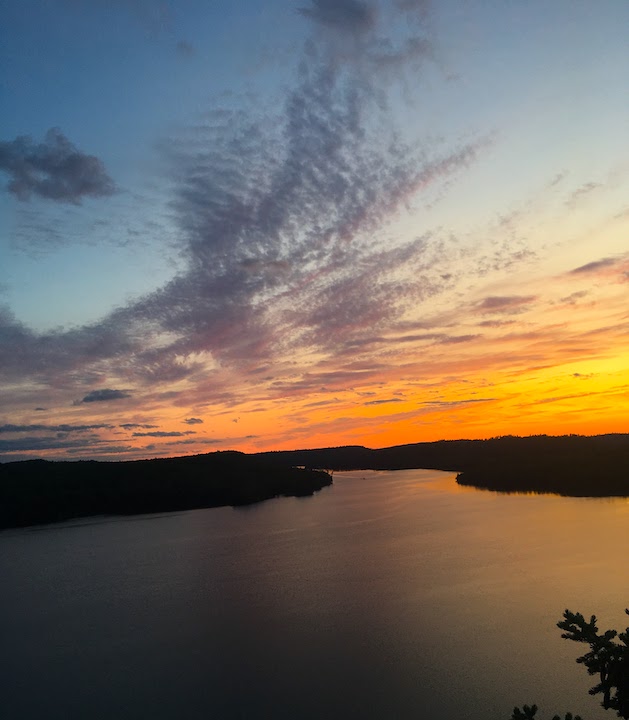
Luke 1
I’ve read the story in Luke 1 so many times. But I’ve only recently started to see it in a new way.
In this story, Zechariah is chosen to enter a holy space in the temple before God. He has an encounter with an angel who gives him a prophecy. His wife will have a child that’s conceived miraculously despite her advanced (menopausal implied) age.
He asks the angel about this and shares his doubts. In response, the angel tells Zechariah he will be unable to speak until his child is born.
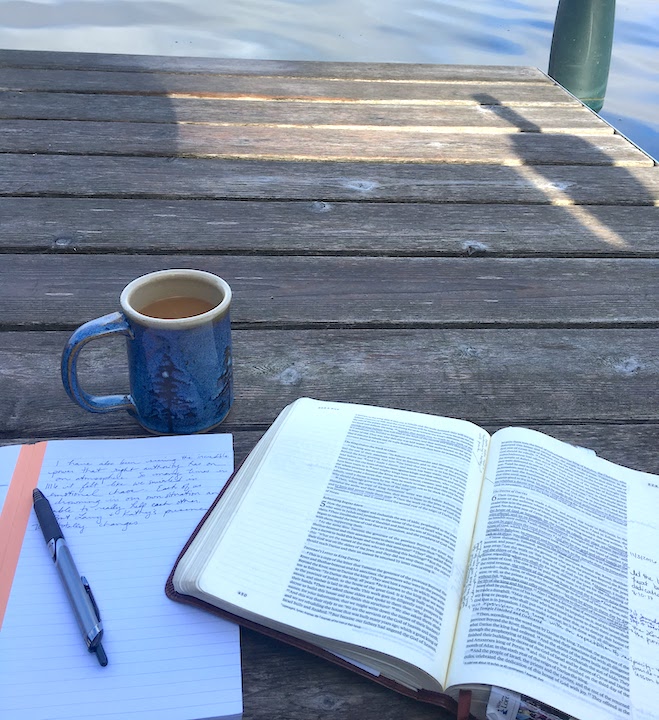
Reframing Silence
Zechariah is merely human, just like you and me. I probably would’ve had the same response if I were in his shoes.
Needing comfort and reassurance in the face of long-time disappointment is such a normal human experience. I had always previously seen Zechariah’s silence as a punishment from God to Zechariah.
However, I’ve recently been seeing it instead as a loving invitation to a season of deep connection. Of deeper relationship with God.
I don’t think God expected Zechariah to have a different “more holy” or superhuman response. I think God knew Zechariah needed to share the pain and doubt in his heart. The temple was where he was familiar with the practice of being honest with God.
I don’t think God wants to punish us when we’re honest. I do think God wants to enter into those places where our faith needs to be strengthened. These places of pain can become places of wisdom and testimony.
I think that is what happened in Zechariah’s story.
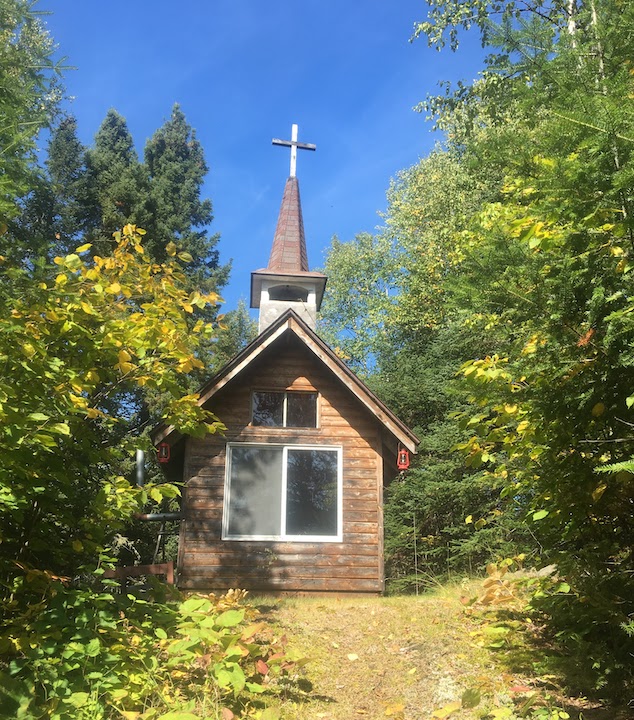
Silence in Nature
When I thought of this story and how it connects to my own faith practice, the first thing that came to mind was how much I value the silence that comes when I spend time in nature.
When I’m in the woods, much of the static and background noise in my mind fades away. I feel like in this space I can experience the still, small voice of my Heavenly Father.
I treasure time spent in nature because it increases my connection to God. And stillness and silence help strengthen that connection. I truly feel God meets me and speaks to me in the stillness of nature.
So why then, in the story of Zachariah did I assume silence is merely a punishment rather than an invitation to enter into a holy season when God wants to speak?
To prepare Zechariah for the role of father and for spiritual growth, God gives him the blessing of silence for a season.
This speaks to us about how we can live into this idea of creating space for God to speak.
As we wait for God’s promises to be born in our lives, we can practice silence—whether for an hour, a day or a weekend. Maybe it looks like fifteen minutes of intentional stillness every morning for Advent?

So Much Potential
Since removing the punitive mindset from the way I read this story, I’ve pictured Zechariah’s nine months of silence and the beauty and intimacy with God that could have been birthed from that experience.
He was in a community that highly valued experiences with God. His silence was a sign of God’s influence in his life, not a sign of punishment.
His culture was very community-focused and also focused on faith being a unifying experience. I can imagine his fellow community members giving him tasks in this season that allowed him to lean into this journey with the Lord. They surrounded him at this time.
I can picture him being overwhelmed with the beauty of the sunrise when he wasn’t distracted by his normal morning noise.
I can picture him encountering the presence of the Lord in new and beautiful ways during daily tasks.
I can imagine his friends smiling at him, so excited for this season of growth. Knowing it may be hard but also blessed—because God is the one who gave the invitation.
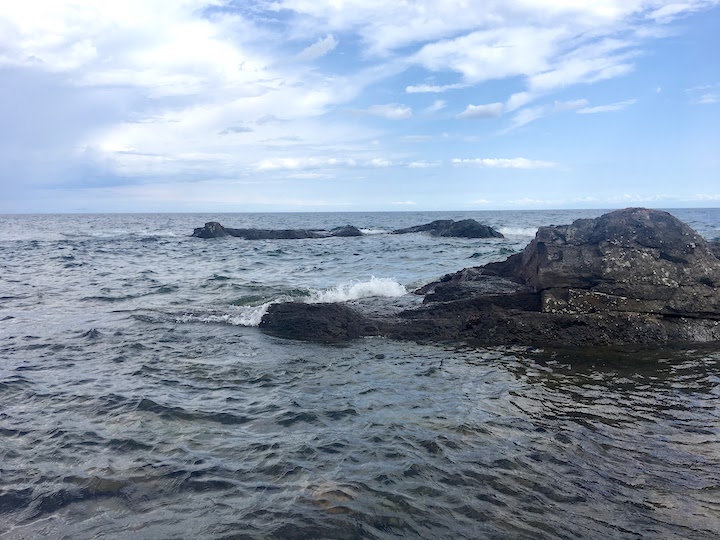
Daily Practical Application
So how can we observe and practice this in our lives?
I try to spend some time in the woods every year doing something contemplative that allows me to exist in a greater level of silence. Sometimes it’s as simple as a twenty-minute walk through my neighborhood. No headphones, no talking—just silence.
There are also specific places designed for you to do this, though. Some locations are designed for silent retreats. I don’t think it’s a coincidence that many of these places are built in secluded and beautiful nature settings.
I spent a weekend at Wilderness Fellowship Ministries (Wisconsin) in a prayer cabin one fall experiencing God’s beauty. I intentionally practiced how to be still and silent, and ask for God to speak. Pacem in Terris (Minnesota) is another similar retreat center. Okontoe (Minnesota) is also a Christian ministry that has spaces for this type of activity. It’s also designed as a respite for ministry staff who need a place of healing.
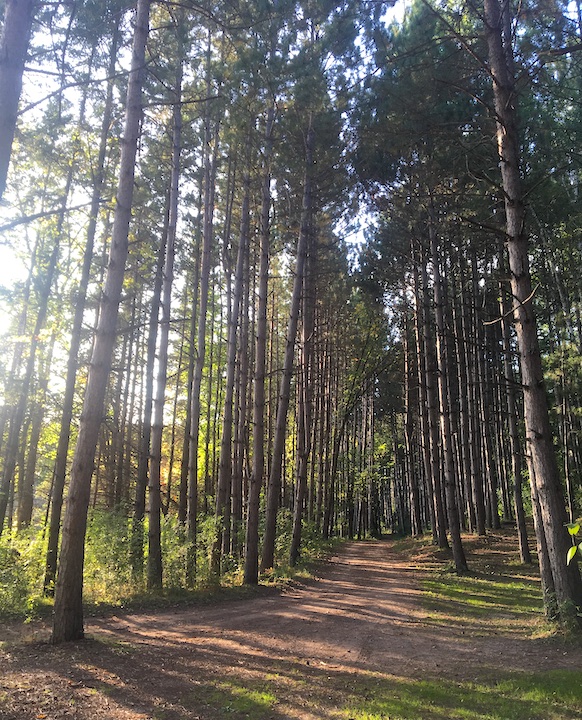
A couple of pictures I took while spending time at Wilderness Fellowship Ministries…
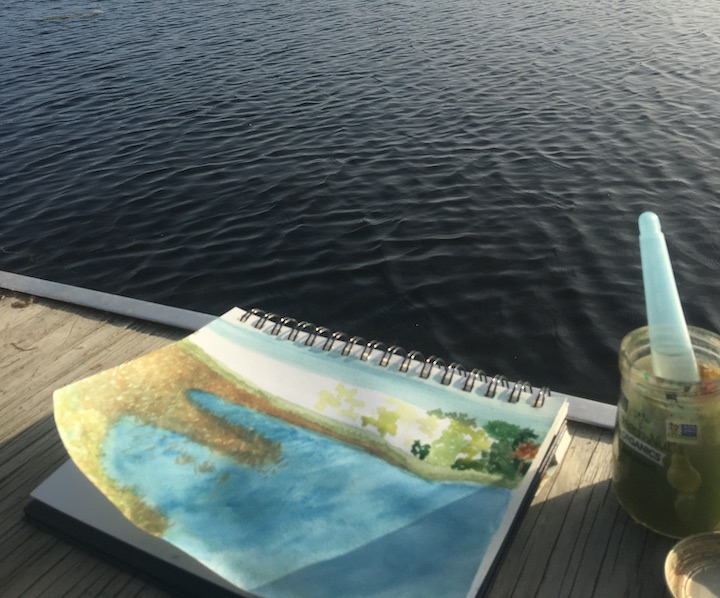
Further Reflection
When we see that someone is in a season of silence and honesty with the Lord, how can we support them? How can we walk alongside them in that silence so they know that they’re not alone? How can we honor people who’ve gone through seasons of doubt and pain, and have been faithful through it?
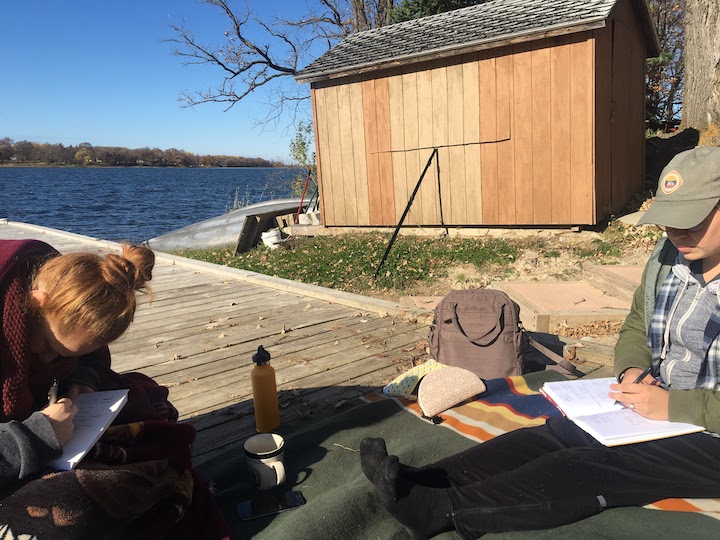
Have there been seasons where you felt called into more time spent in stillness? Do you want to be more honest with God about your pain, but you haven’t been because you’ve been seeing God in a punitive light? How can you practice that honesty with God today?
In this season of Advent, are there ways you can incorporate contemplation and silence into your daily life? Can you also incorporate nature into your daily life as well?
If you do, and you have a reflection—send it to us! We’d love to hear your experiences—how you practice this in your life today and the fruit the Lord brings from it! If there’s enough interest we’d love to write a follow-up post featuring you, our readers!
Here’s more…
- What the Bible Says About Nature and Creation
- Can Rest Cause You to Thrive?
- Why Should We be Thankful People?
- It’s a Joy to Remember Our Outdoor Adventures - August 8, 2024
- 9 Free Devotionals for Your Next Camping Trip - July 18, 2024
- What Valuable Lessons Pearls Can Teach Us - June 6, 2024
